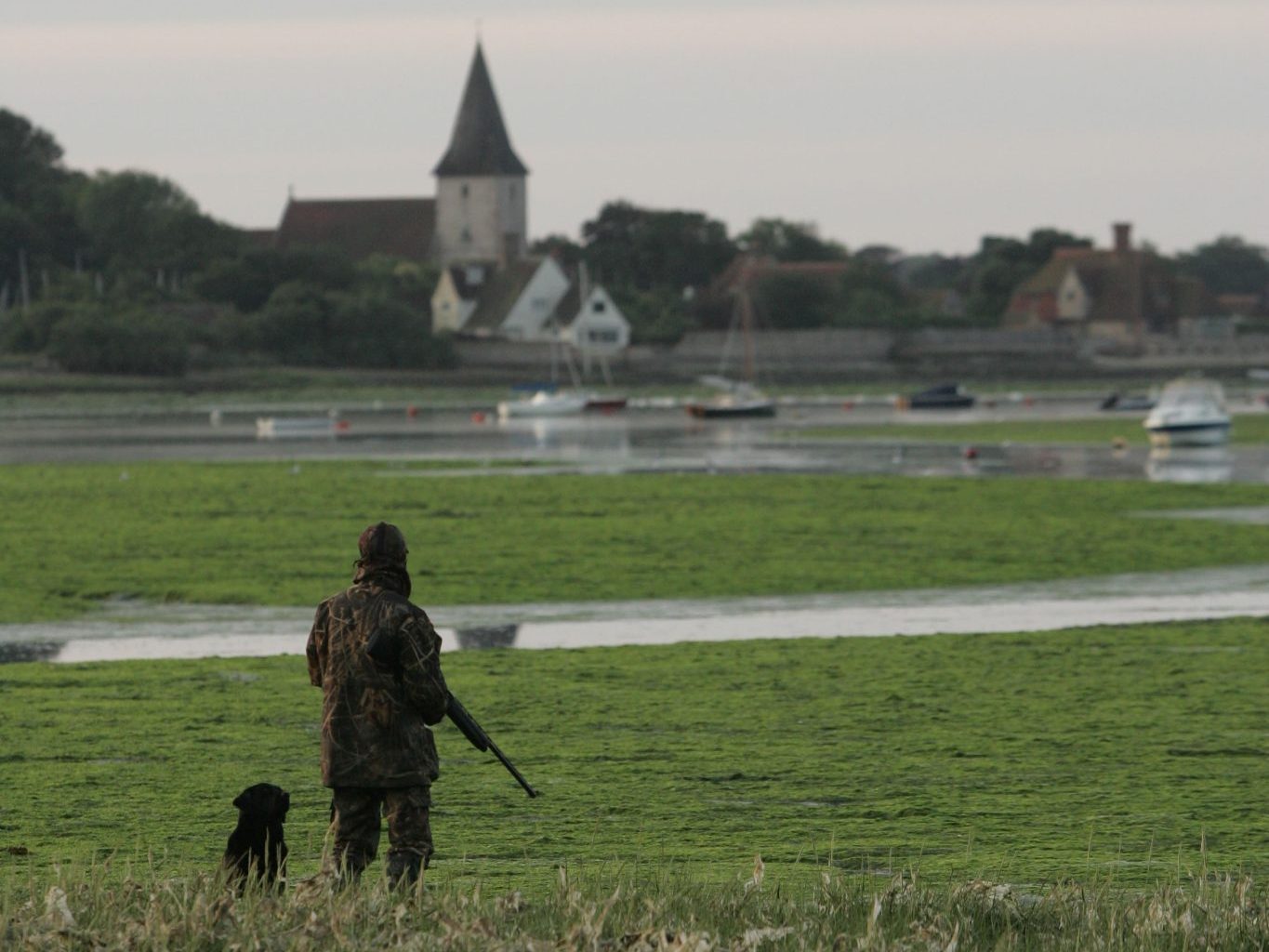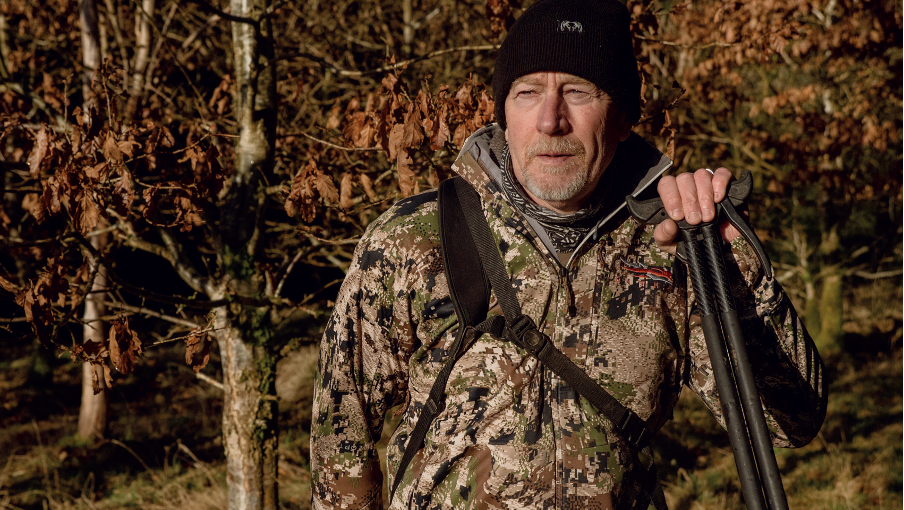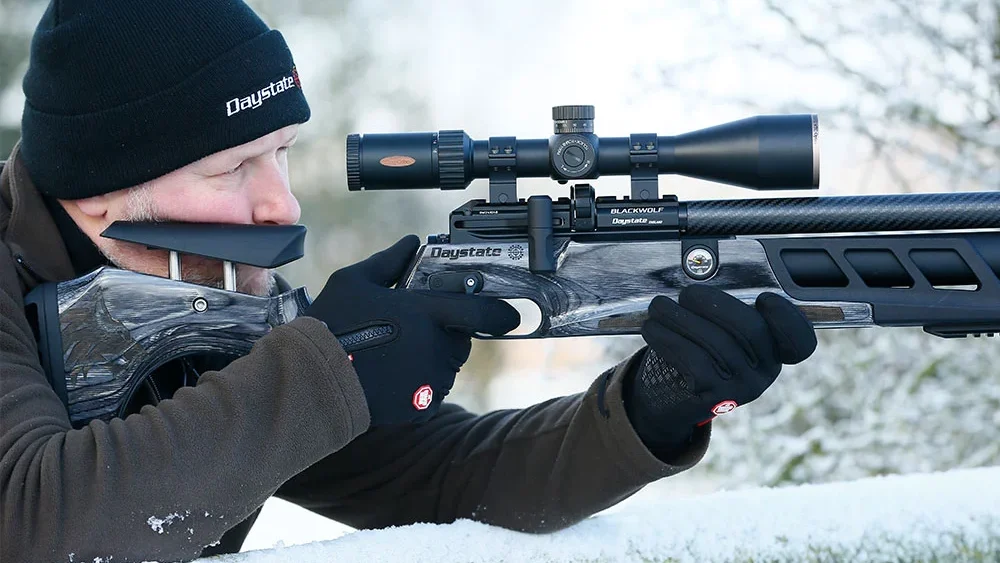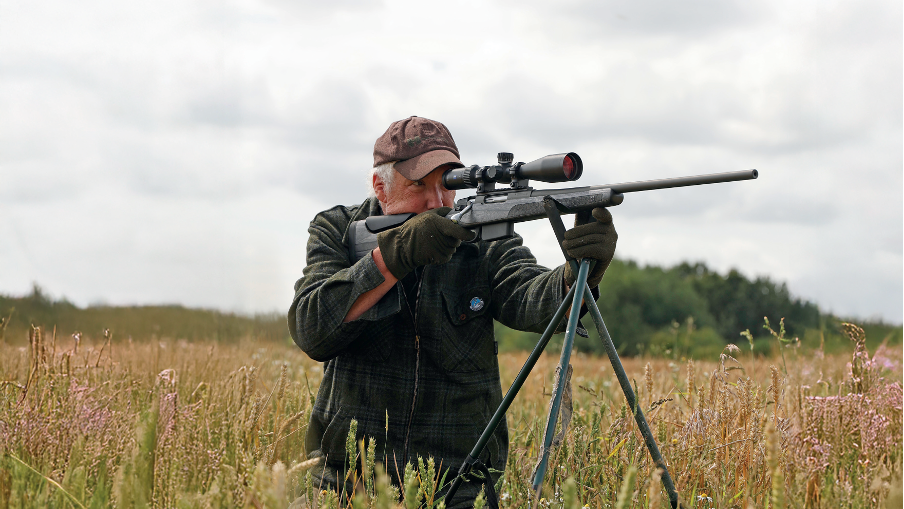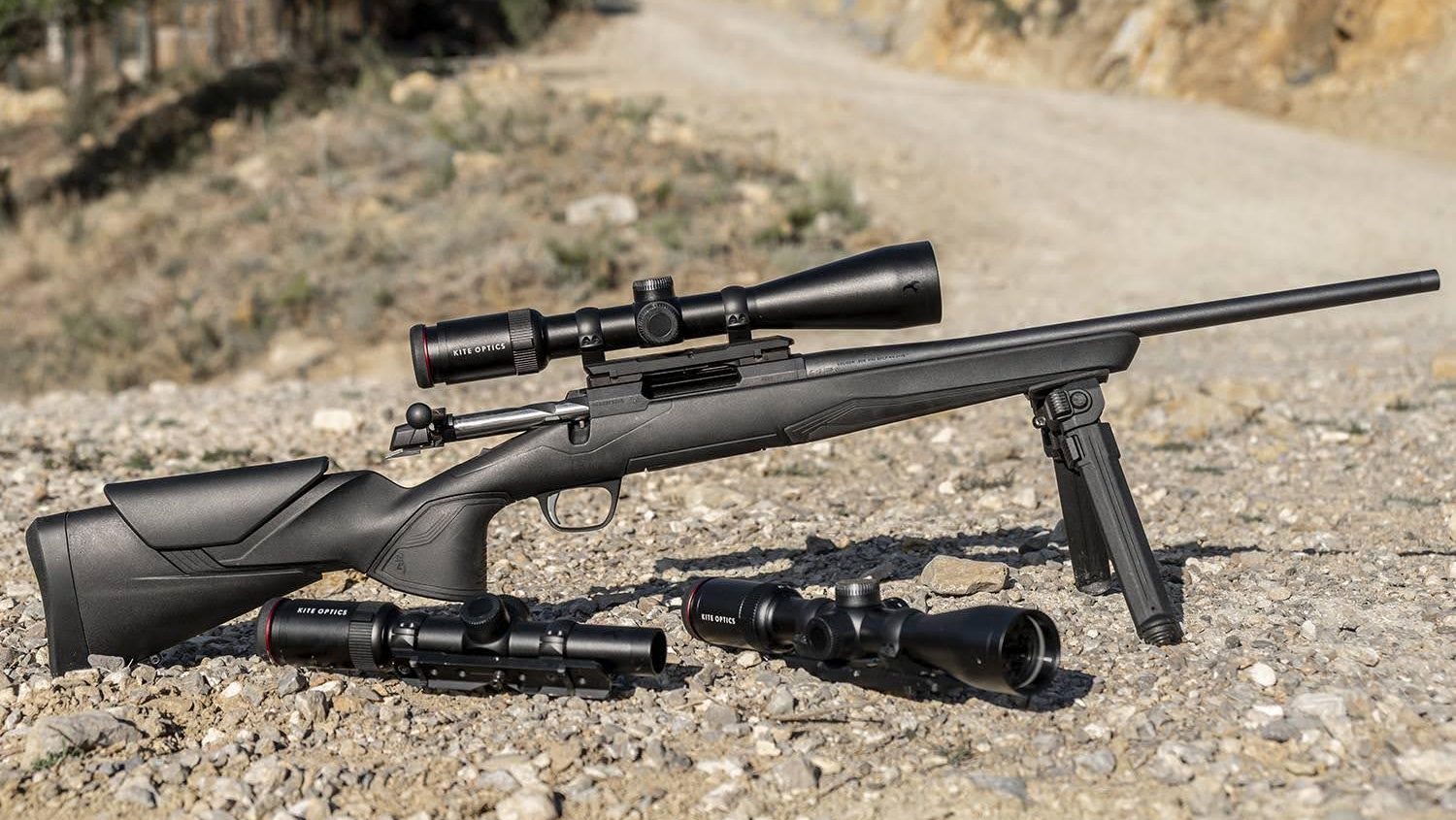
SPA GL confusion will put livelihoods at risk
Salisbury Plain Special Protection Area (SPA) is amongst dozens of SPAs where shoots will be “highly unlikely” to receive an individual licence from Natural England to release gamebirds in 2025.
Read more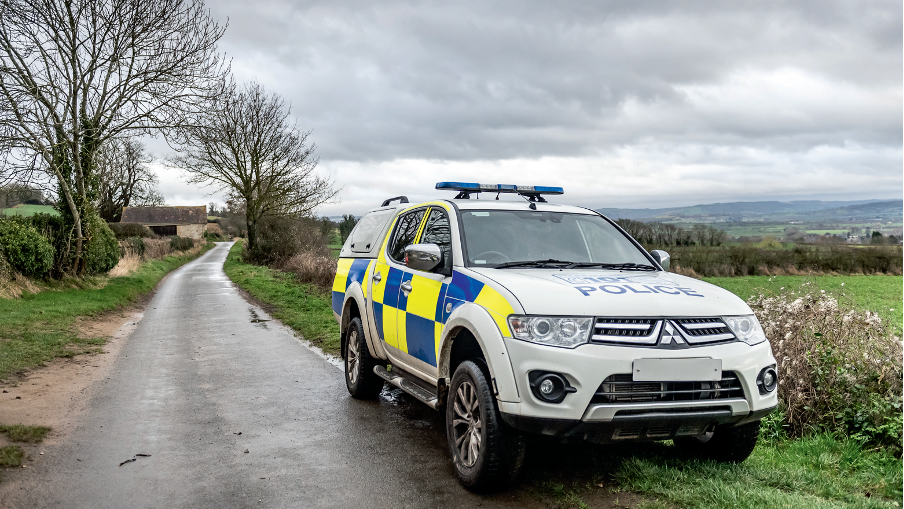
News
The real scale of rural crime and its effects
More than 95% of people in the countryside believe that rural crime is a significant issue and one in five has considered moving because of it.
Read more
Shooting
Powerful air rifles that don’t need a firearms licence
Are you seeking an air rifle that delivers maximum power without the need for a firearms licence? Shooting UK’s comprehensive guide explores top-performing sub-12 ft/lb air rifles ideal for pest control and target shooting.
Discover expert insights on models like the Air Arms S510 and Weihrauch HW97K, and learn how to choose the perfect rifle to suit your needs.
Read moreManage Consent
To provide the best experiences, we use technologies like cookies to store and/or access device information. Consenting to these technologies will allow us to process data such as browsing behavior or unique IDs on this site. Not consenting or withdrawing consent, may adversely affect certain features and functions.
Functional Always active
The technical storage or access is strictly necessary for the legitimate purpose of enabling the use of a specific service explicitly requested by the subscriber or user, or for the sole purpose of carrying out the transmission of a communication over an electronic communications network.
Preferences
The technical storage or access is necessary for the legitimate purpose of storing preferences that are not requested by the subscriber or user.
Statistics
The technical storage or access that is used exclusively for statistical purposes.
The technical storage or access that is used exclusively for anonymous statistical purposes. Without a subpoena, voluntary compliance on the part of your Internet Service Provider, or additional records from a third party, information stored or retrieved for this purpose alone cannot usually be used to identify you.
Marketing
The technical storage or access is required to create user profiles to send advertising, or to track the user on a website or across several websites for similar marketing purposes.


